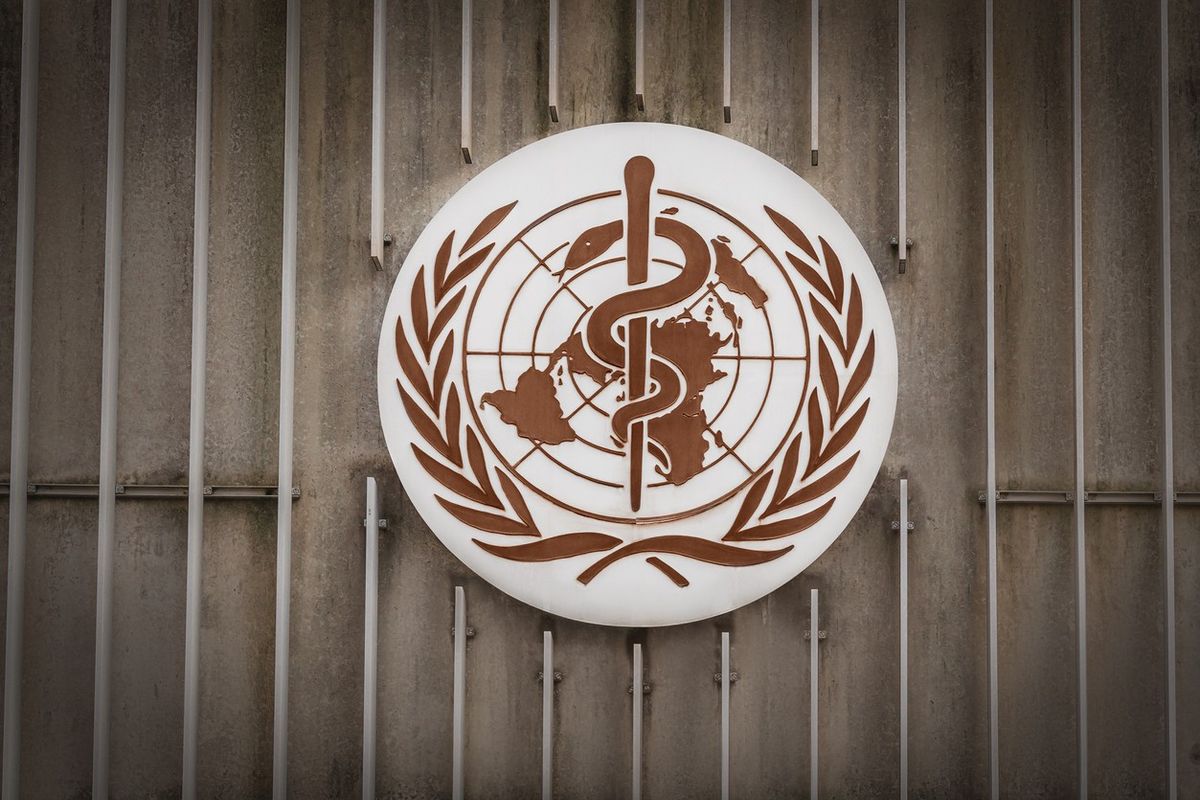A leading tobacco and alcohol researcher from University College London has criticised a new report by the World Health Organization (WHO), titled "Hooking the next generation: how the tobacco industry captures young customers", for making claims that do not accurately reflect current evidence on e-cigarettes.
Dr. Sarah Jackson, principal research fellow at UCL’s Tobacco and Alcohol Research Group, argued that the WHO report misrepresents the effectiveness of e-cigarettes as a smoking cessation tool.
“The report suggests there is ‘insufficient evidence’ that e-cigarettes are effective in helping people to stop smoking. In fact, a Cochrane review on this topic (recognised worldwide as the highest standard in evidence-based healthcare) has concluded that there is ‘high-certainty evidence’ from randomised controlled trials that e-cigarettes increase quit rates compared to nicotine replacement therapy,” Dr. Jackson stated.
She highlighted that the most recent Cochrane review included 88 trials with more than 27,000 participants and was supported by numerous observational studies.
Dr. Jackson also took issue with the report’s stance on the harm reduction potential of e-cigarettes. “The report suggests it is misleading to suggest that e-cigarettes offer a form of harm reduction compared to smoking cigarettes. Large evidence reviews, conducted independent of industry, consistently conclude that while vaping is not risk-free, it poses only a small fraction of the risks of smoking tobacco,” she emphasised.
Regarding the concern that e-cigarettes could serve as a gateway to smoking, particularly among non-smoking youth, Dr. Jackson acknowledged the widespread nature of this concern but noted the lack of causal evidence.
“Little evidence currently suggests this association is causal: just because vaping precedes smoking does not mean vaping causes smoking,” she explained. Dr. Jackson pointed out that if vaping caused smoking, declines in smoking rates would slow or reverse with increased vaping, but data indicates the opposite trend.
Prof Nick Hopkinson, professor of respiratory medicine at Imperial College London, however supported WHO's stance on the aggressive marketing tactics employed by the tobacco industry, emphasising that, although vaping is significantly less harmful than smoking and has proven effective in helping smokers quit, targeting youth through e-cigarette marketing is wholly unacceptable.
“Governments around the world need to take steps to introduce and enforce regulations to stop this," Prof Hopkinson, who also serves as the chair of Action on Smoking and Health (ASH), stated.
He criticised the UK government's previous failures to regulate e-cigarette marketing and implement an excise tax on these products. He also lamented the recent halt of the Tobacco and Vapes Bill, which aimed to raise the legal age of sale and mitigate youth vaping, due to the prime minister's decision to call a snap election.
“Whatever happens at the election, the next government will need to move swiftly to reintroduce these vital public health measures,” he said.


